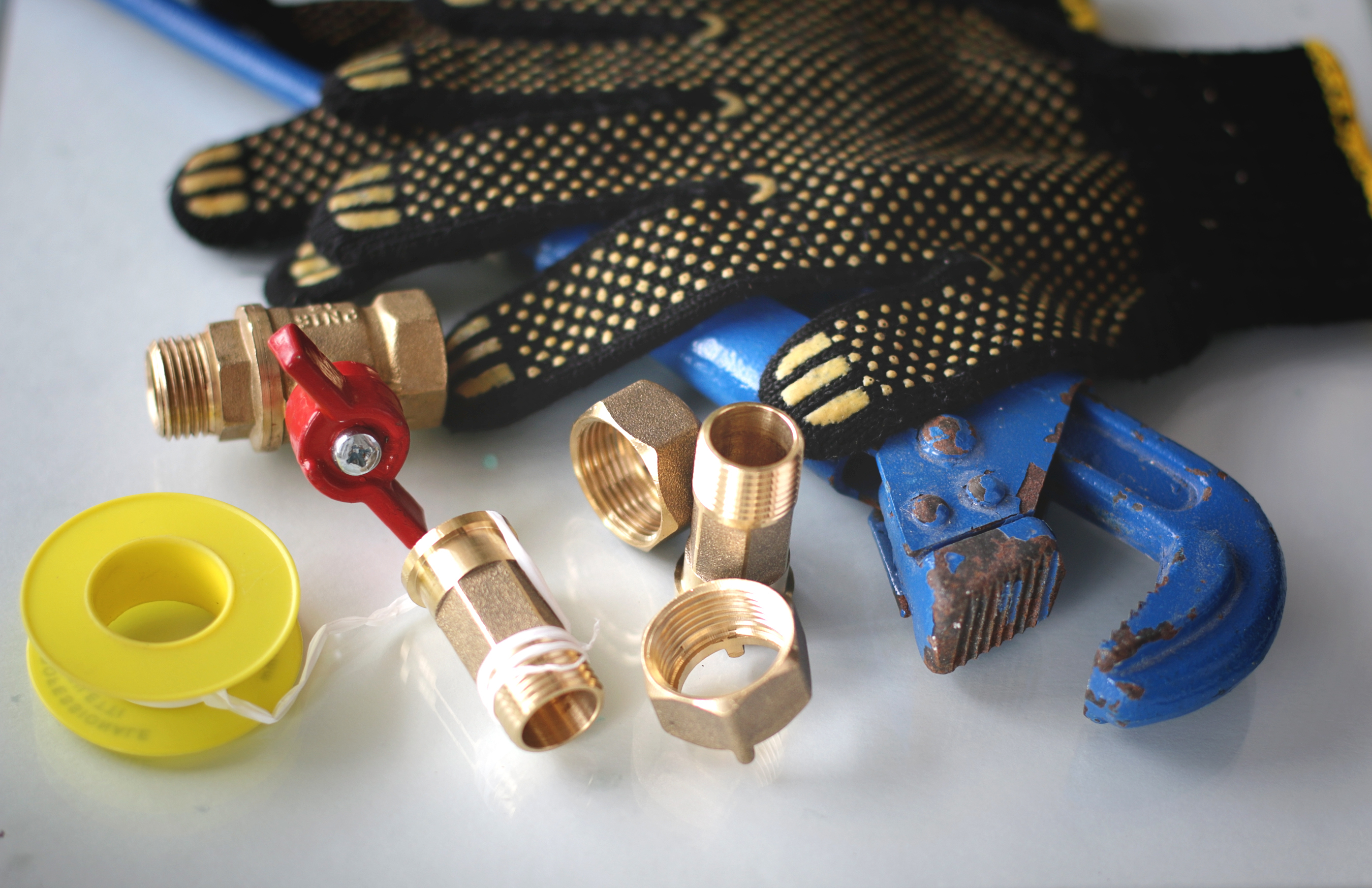
What Makes MEP Engineers Stay? Retention Strategies That Actually Work
In today’s market, attracting MEP Design Engineers is tough, but keeping them is even tougher. Many consultancies invest significant time and budget into hiring great talent, only to see them move on within 18-24 months. Why?
It usually comes down to one thing: a lack of development and direction.
While salary and benefits matter, they’re rarely the reason someone stays long-term. Engineers, especially those in the 2-7 year experience bracket, want to feel they’re progressing, learning, and contributing to meaningful projects. When those elements are missing, it’s only a matter of time before another offer tempts them away.
So, what actually works when it comes to retention?
• Structured progression plans: Establish clear pathways with defined roles to with timelines, mentoring, and project milestones. Regular mentoring and skill development ensure engineers see a clear route to senior positions, keeping them motivated and committed.
• Consistent technical support: Provide accessible senior engineers who are engaged, and willing to teach, not just delegate. This helps junior engineers build confidence, enhance skills and to feel supported.
• Project variety: Prevent disengagement by exposing engineers to a mix of sectors, such as commercial, residential, and healthcare. A diverse project portfolio keeps them challenged and broadens their experience.
• Recognition and trust: Regularly acknowledge contributions, whether in design input or problem-solving. Involving them in client meetings fosters a sense of ownership and builds loyalty.
• Flexible working with boundaries: Offer hybrid working arrangements with clear and well managed expectations. Trust your team, but don’t let them feel invisible.
Often, MEP Engineers don’t want to move, but feel they have to in order to grow. The talent is there. The loyalty is there. But the opportunity? That’s often what’s missing. If you’re serious about building a strong, stable design team, start by investing in the people already sat in front of you.
